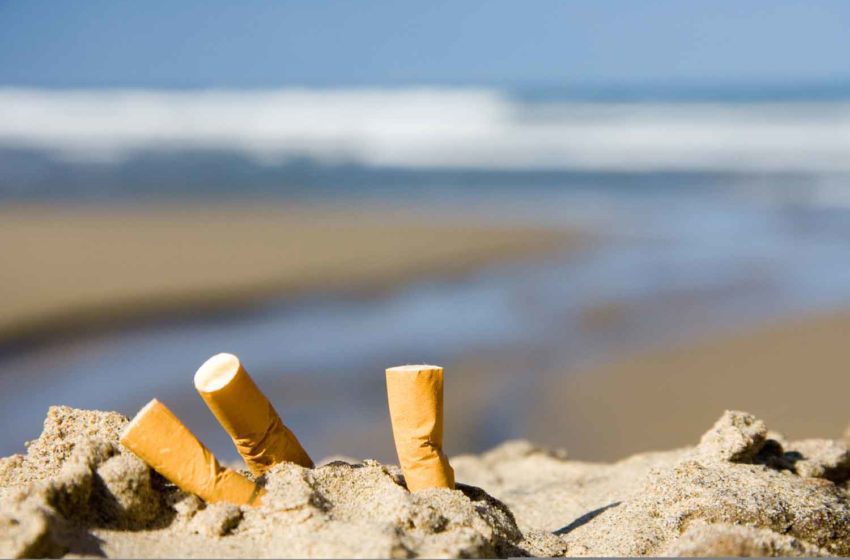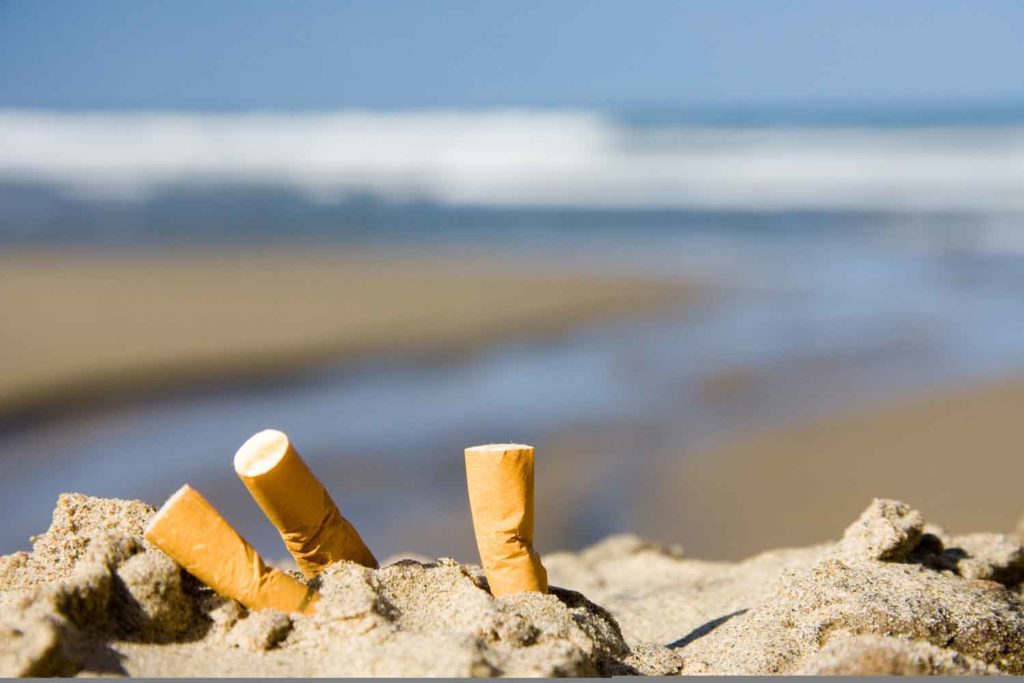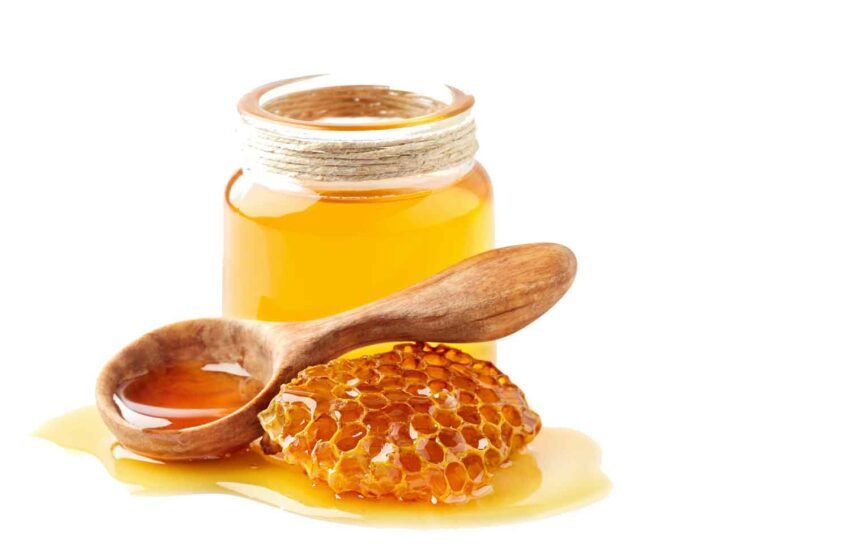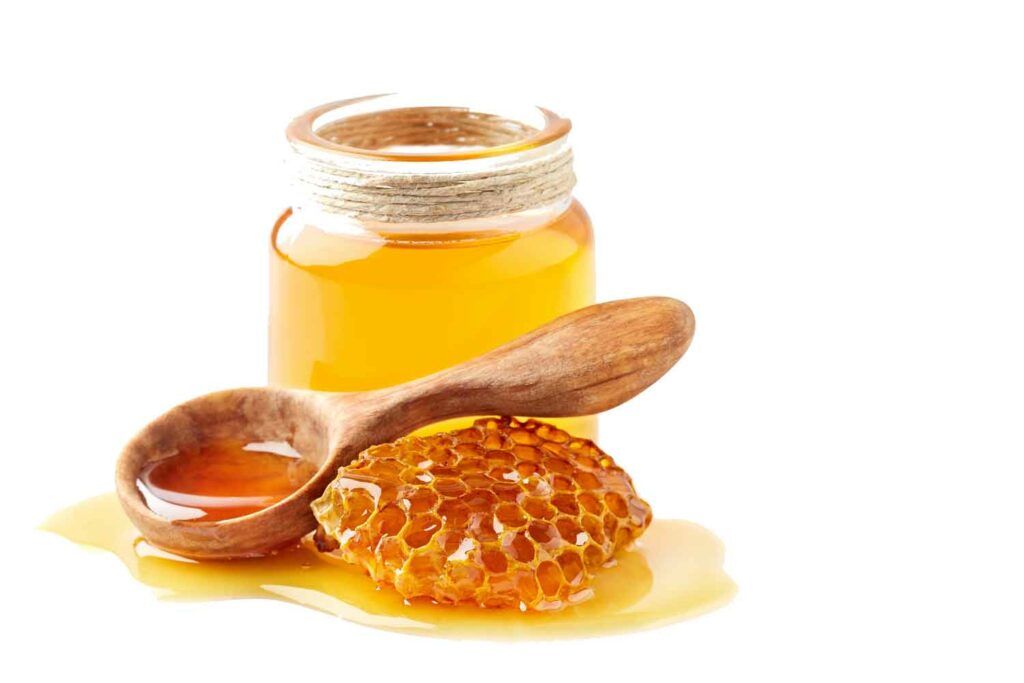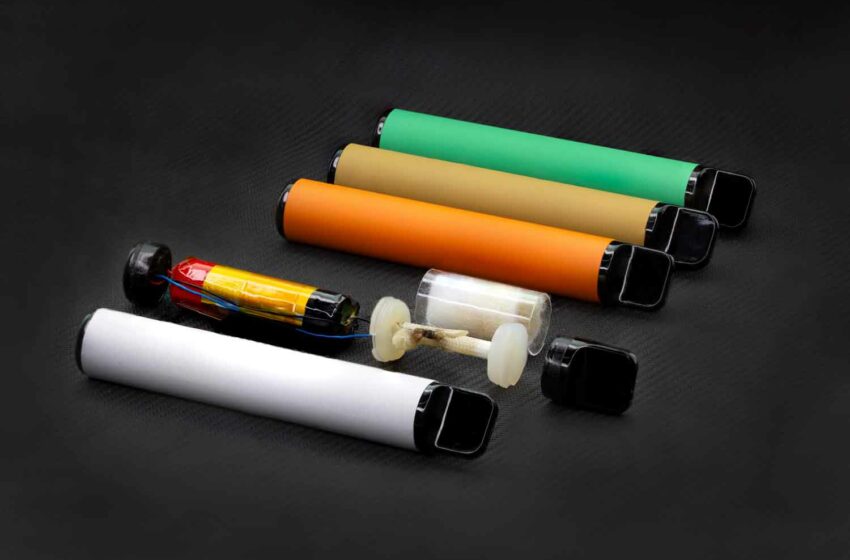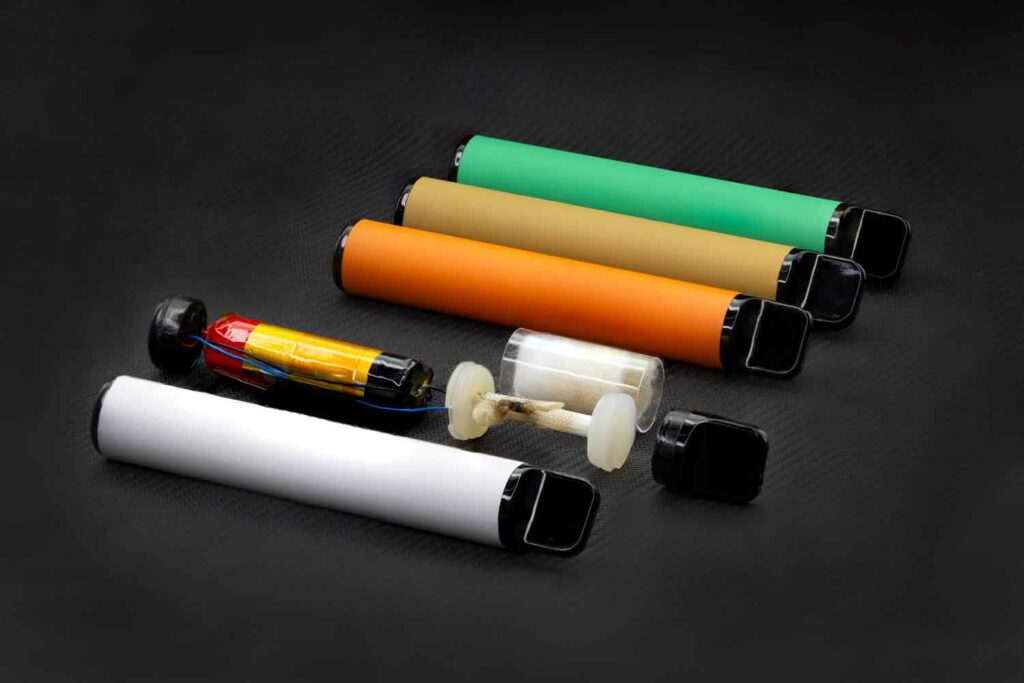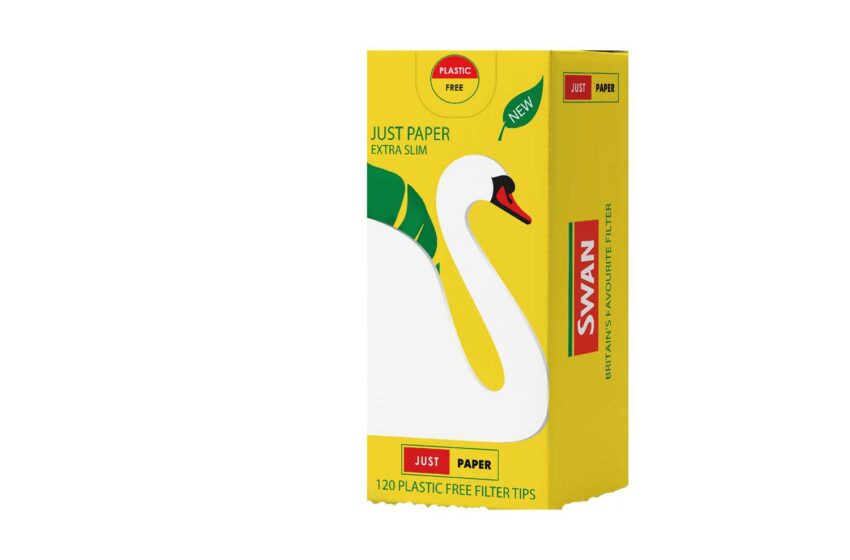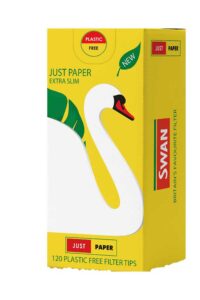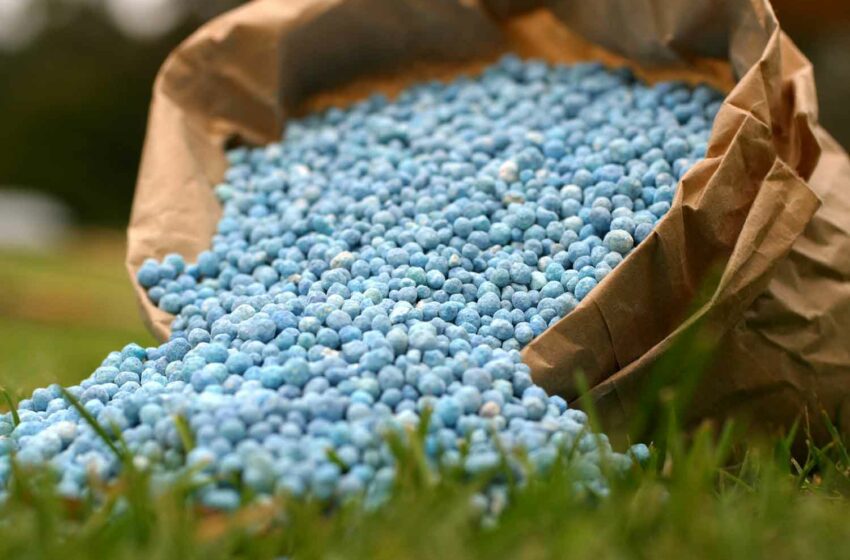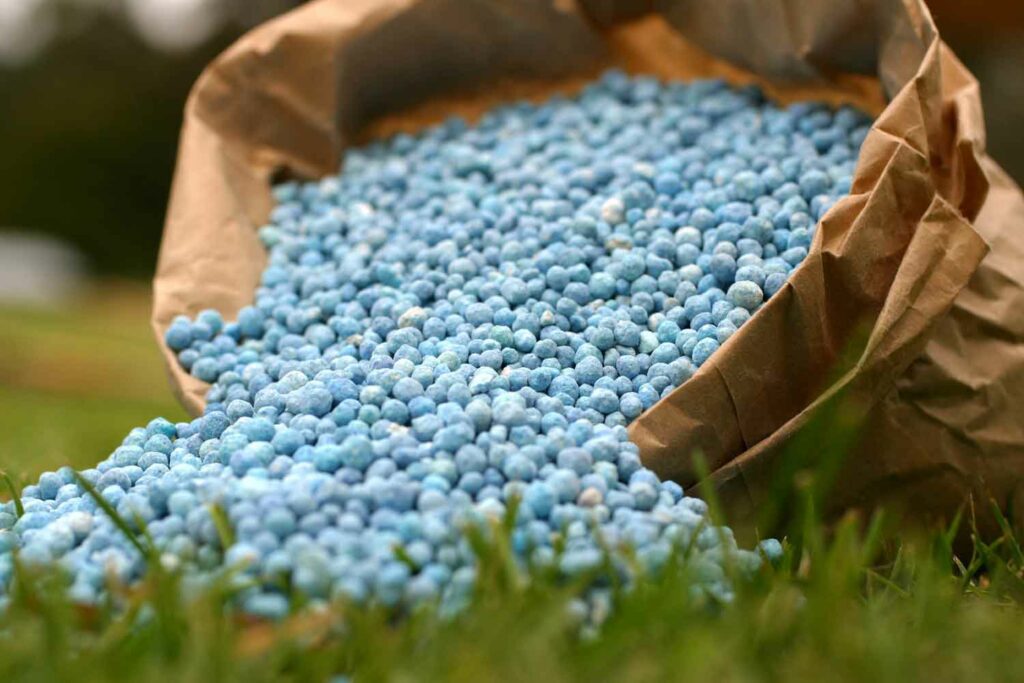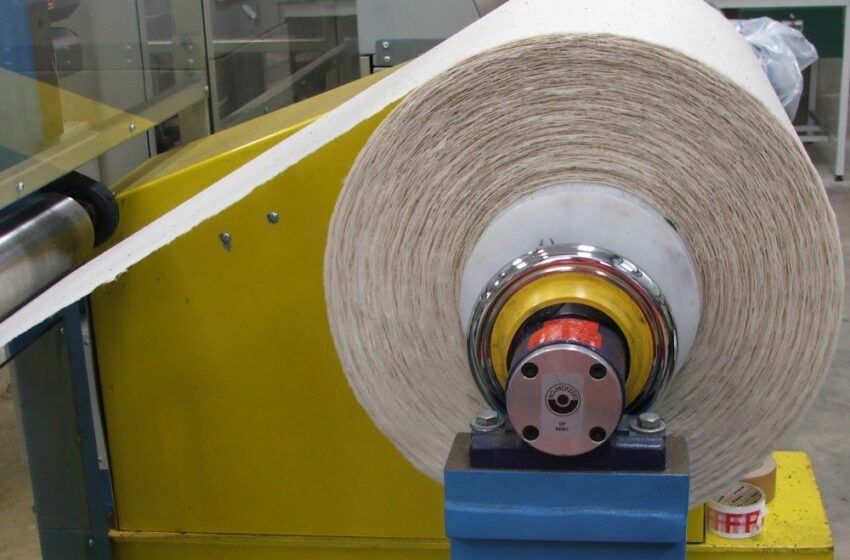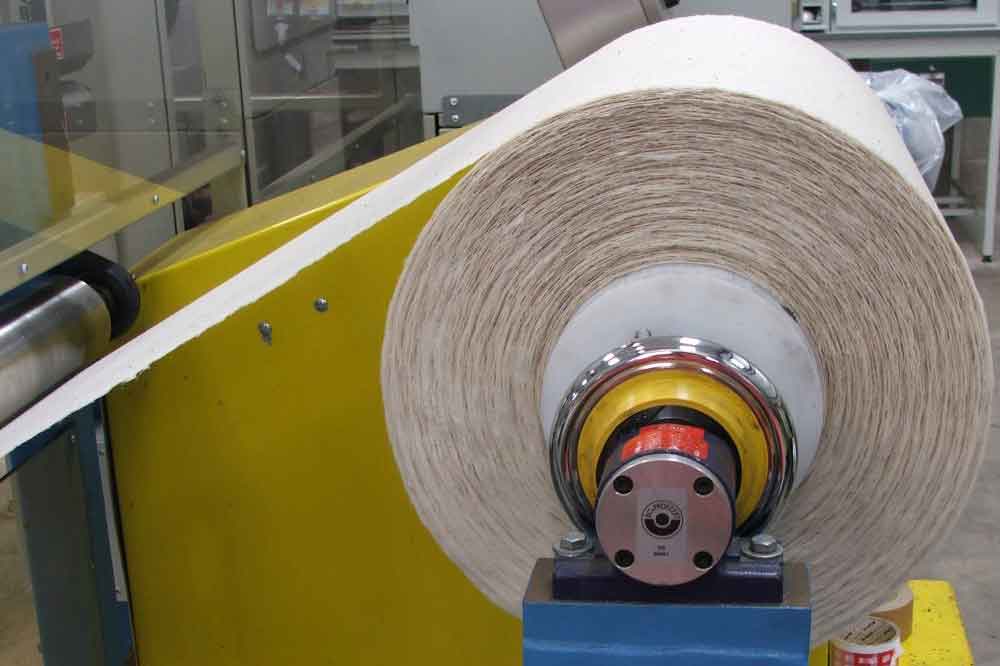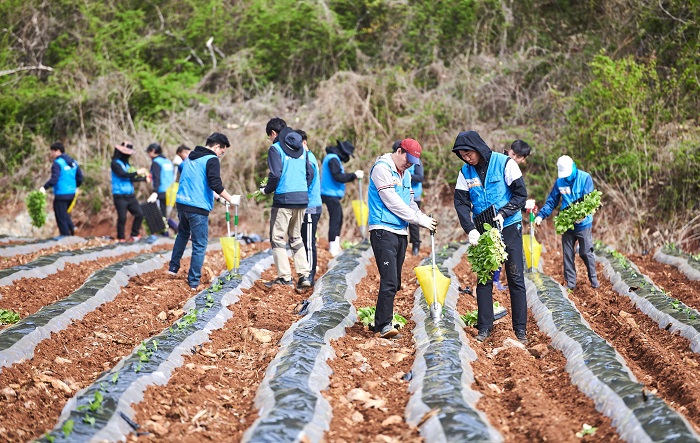
Companies should avoid pushing back plans to ensure that they and their products comply with the EU Deforestation Regulation, warns the Crowell law firm.
On Oct. 2, the European Commission published proposals to postpone some of the application deadlines to give companies more time to comply with core provisions of the legislation, which entered into force in June 2023.
The legislation specifically targets products like cocoa, coffee, soy and palm oil, but the tobacco business, too, has faced criticism for its contribution to deforestation, especially in countries where farmers use wood as a fuel to cure their leaf.
EU Institutions are currently in the process of deciding whether the new (delayed) deadlines will apply. The proposal must be approved by both the European Parliament and the Council of the EU, which represents the member states. If passed, larger companies will have until Dec. 30, 2025, to comply with the new rules, while small and medium-sized enterprises will have until June 30, 2026, according to Euro News.
According to Crowell, the potential delay should not be taken as an excuse to postpone action. Ensuring that products and supply chains comply with the deforestation regulation is no easy feat and can take considerable time and effort. What’s more, failure to comply may attract significant penalties—including criminal liability—in the future.
The law firms advises companies to assess the scope and application of the deforestation regulation as soon as possible, and ensure commodities and products they themselves supply – comply with the Deforestation Regulation. Moreover, companies should ensure that upstream commodities, products and raw materials are fully compliant to avoid supply-chain disruption.
The EU has been criticized for its role in global deforestation. Estimates suggest the bloc is responsible for deforesting over 2480 square km annually—an area nearly the size of Luxembourg.


